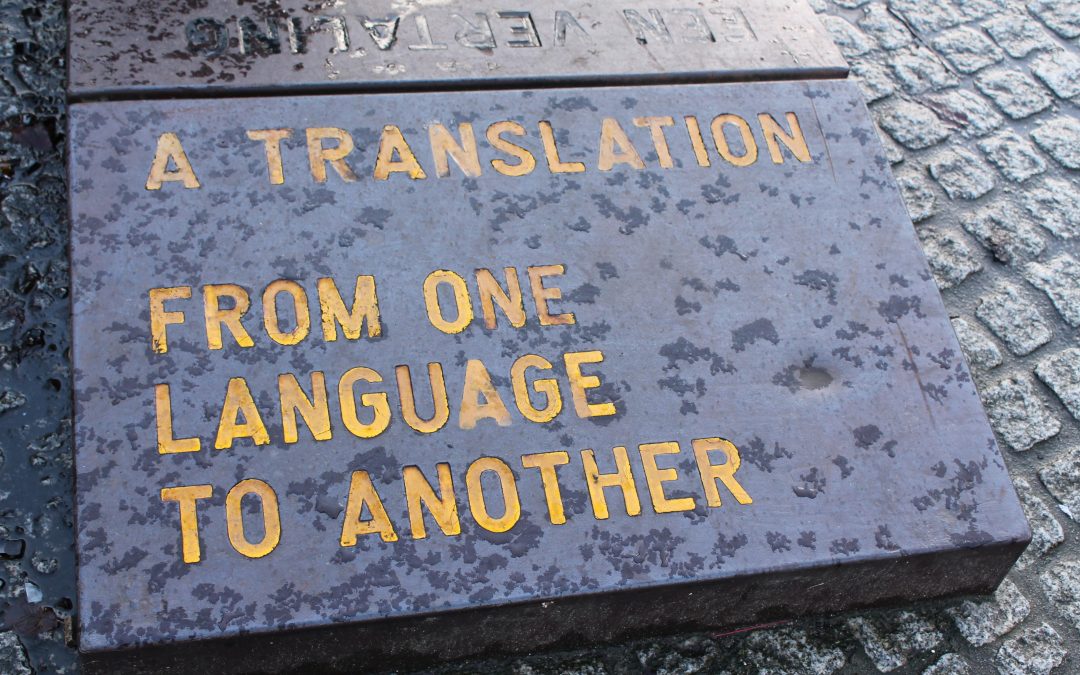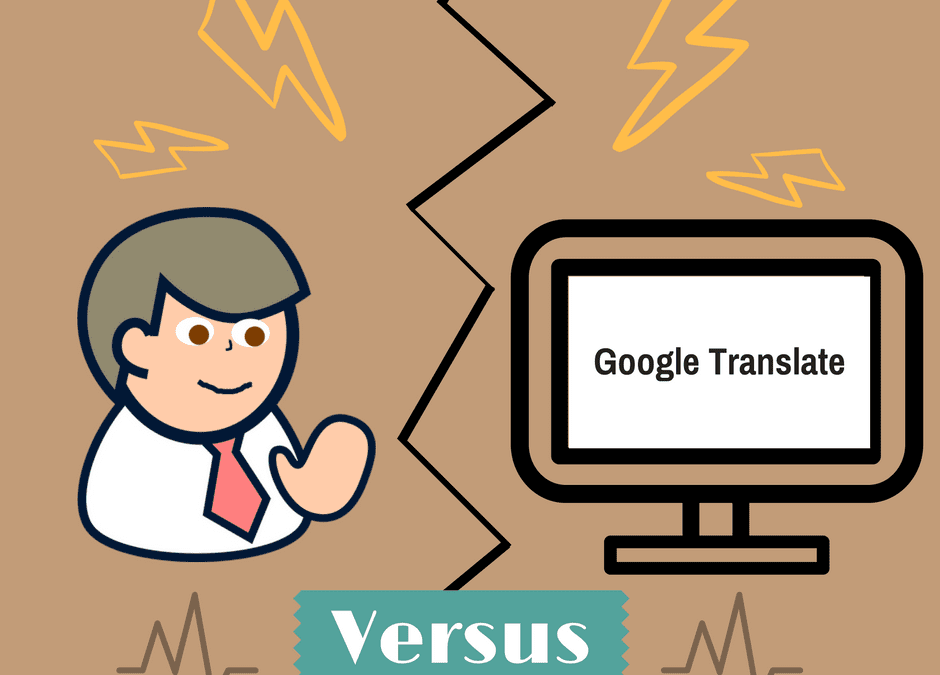
Accurate Translation: Why is it Crucial Every Time?
The significance of accurate translation English is one of the most prominent languages in the world. Many people ask why doesn’t everybody just speak English? Or how important is translation? The fact is that not everyone can speak English. More importantly, language is much more than communicating with words. It is also an expression of a country’s society, culture, and beliefs. Translation facilitates effective communication between people who speak different languages by spreading information, knowledge, ideas, or messages. Therefore, it is crucial to produce a genuine and accurate translation that correctly reflects the original text. When it comes to translation services, the quality and accuracy of translations are crucial. Quality language translation narrows the gap in communication. A good translation enables companies to reach a global audience by talking in a language that their clients can understand. Accurate translation is critical to all aspects of any industry field. It requires a double effort when it comes to medical, legal, or technical translations. If the official document is not translated accurately, it can cause catastrophic consequences such as loss of income and damage to an organization’s reputation. Medical translations require a high level of accuracy for all the medical terms, findings, recommendations, and instructions in the target document. Like medical translations, legal translations must also be completely error-free. Any small mistake in the translated copy can result in serious legal issues affecting the lives and freedom of people who use the document. How to produce a genuine and accurate translation Being able to translate accurately is an art and the translator is an artist. Besides following the rules of translation...

















